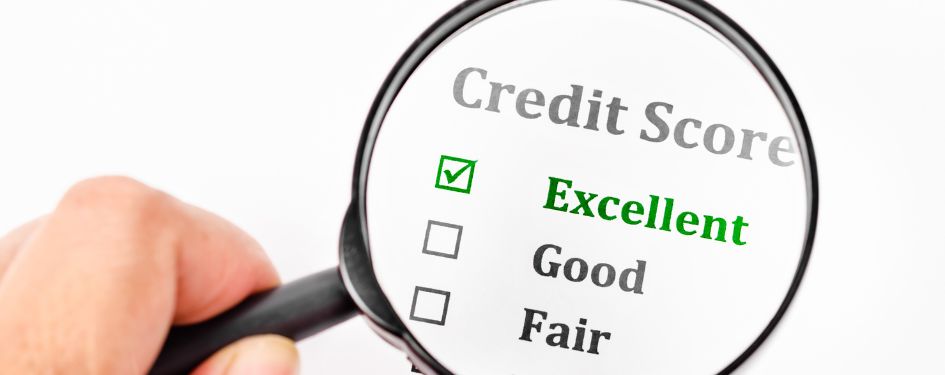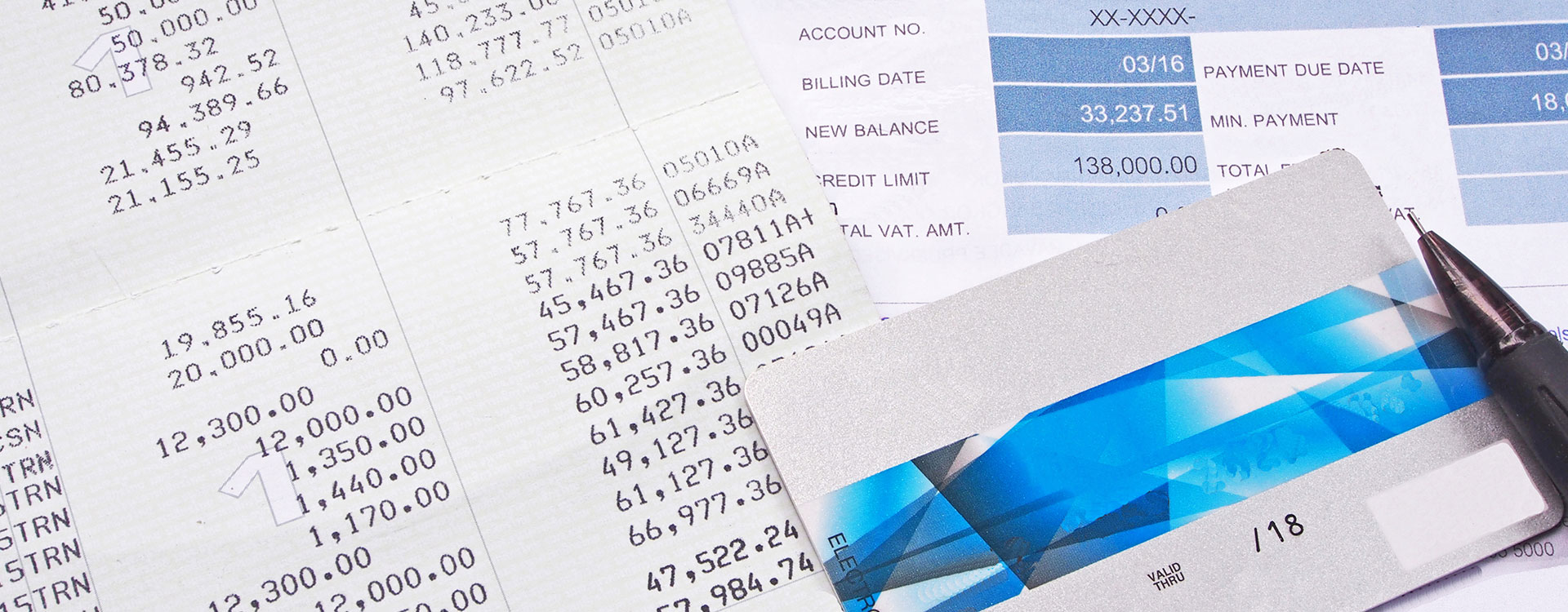Your credit score determines whether you're eligible for the loan and influences your interest rate and the total interest you'll pay over the life of the loan.
Personal loans have become versatile tools for managing various expenses, from debt consolidation to funding home improvements or significant purchases.
However, when it comes to securing a personal loan, your credit score plays a pivotal role. These loans are typically unsecured, meaning they lack collateral, making creditworthiness a primary factor in the approval process.
To navigate this crucial aspect of personal lending successfully, it's essential to understand what goes into calculating your credit score and what lenders typically require.
KEY TAKEAWAYS:
- In most cases, the minimum credit score necessary for approval on a personal loan falls within the range of 610 to 640.
- Lenders view individuals with higher credit scores as lower-risk borrowers, and this confidence is reflected in the form of lower interest rates.
- To assess your creditworthiness, three major credit bureaus, Experian™, Equifax®, and TransUnion®, collect data on your financial history, encompassing loan and credit card payments.
The Minimum Credit Score for a Personal Loan
In most cases, the minimum credit score necessary for approval on a personal loan falls within the range of 610 to 640.
However, if you're aiming for the best rates and terms, a credit score of 650 or higher is often preferable. Keep in mind that personal loan requirements can vary from one lender to another, with some being more flexible than others.
Having a prior positive relationship with a lender, characterized by a history of timely payments, may influence their willingness to offer favorable terms.
The Significance of Your Credit Score
Your credit score serves as a barometer of your trustworthiness as a borrower, indicating your ability to repay loans on time and manage your financial obligations responsibly.
Lenders view individuals with higher credit scores as lower-risk borrowers, and this confidence is reflected in the form of lower interest rates.
Conversely, borrowers with lower credit scores are considered riskier, leading to higher interest rates as lenders attempt to mitigate potential payment defaults.
Understanding the Credit Score Calculation
To assess your creditworthiness, three major credit bureaus, Experian™, Equifax®, and TransUnion®, collect data on your financial history, encompassing loan and credit card payments.
FICO® and VantageScore®, two widely recognized credit scoring systems, then use this information to generate your credit score. Although not identical, these systems provide actionable steps to enhance your credit.
Factors That Contribute to Your Credit Score and Personal Loan Eligibility
Payment History (35%): The timeliness of your monthly payments significantly affects your credit score. Consistently paying bills on time is beneficial, whereas late payments, charge-offs, collections, and bankruptcies can have adverse effects.
Amounts Owed (30%): The amount you owe on your debt plays a substantial role. Lenders consider credit utilization, recommending you maintain a balance below 30% of your credit limit.
Length of Credit History (15%): A long history of on-time payments, along with a diverse mix of revolving and installment loans, positively influences your credit score.
Credit Mix (10%): Lenders prefer to see a mix of installment loans (e.g., car payments, personal loans, student loans) and revolving accounts (e.g., credit cards), indicating responsible management of various debt types.
New Credit (10%): Opening new loans or credit cards temporarily impacts your credit score, but responsible management can help it recover.
Debt-to-Income Ratio (DTI)
In addition to credit score, your debt-to-income ratio (DTI) plays a crucial role in loan eligibility.
DTI assesses your monthly payments on installment debt (e.g., mortgages, car payments, student loans) and minimum monthly payments on credit cards or lines of credit.
This figure is then compared to your gross monthly income, influencing your loan approval. A lower DTI generally improves your chances of qualifying for a loan.
The Impact of a Personal Loan on Your Credit Score
Even the act of applying for a personal loan can affect your credit score.
Credit checks are categorized into two types: soft inquiries and hard inquiries.
Soft inquiries, such as those used when comparing loan options, do not impact your credit score.
In contrast, hard inquiries, generated when you submit an actual loan application, can temporarily reduce your credit score.
At Credit9, we prioritize your convenience by offering a soft credit pull for loan options, only performing a hard pull when you decide to proceed with your application.
FAQs About the Credit Score Needed for a Personal Loan
To address common inquiries regarding credit scores and personal loans, consider the following:
Average Credit Score: Borrowers approved for personal loans typically possess credit scores ranging from Good (670 – 739) to Very Good (740 – 799), with a score of at least 650 often necessary for competitive interest rates.
Improving Your Credit Score: Achieving a credit score above 700, associated with more favorable loan terms, may require building your credit further if you're not in immediate need of a loan.
Counting FICO® Scores: Lenders may evaluate your credit using the median credit score from the three major credit bureaus. In some cases, they may consider scores from only one or two bureaus, choosing the lower score for qualification.
Personal Loans with Bad Credit: While it's possible to qualify for a personal loan with a lower credit score, expect less favorable terms. To secure better loan conditions, work on improving your credit score.
Final Thoughts About Your Credit Score For A Personal Loan
While personal loans offer valuable financial solutions, your credit score significantly influences the cost of borrowing.
To access the best rates and terms, it's crucial to ascertain your credit score requirements and take steps to enhance it. Although approval is possible with a lower score, a higher credit score will save you money in interest both immediately and in the long run.
How Credit9 Can Help You
At Credit9, we offer loan options that could provide you with the financial solution that works best for you.
Since 2018, Credit9 has provided over $460 Million in loans to over 36,000 of our customers, and we’re confident we can help you too.
For more information about Credit9’s unique debt consolidation services, contact us today to see how we can help you consolidate your debts and receive a free, no-obligation, and fully-customized Credit9 loan solution!
Debt Consolidation Loan





 Clear Language Establishes Trust And Minimizes Anxiety When It Comes To Finances
Clear Language Establishes Trust And Minimizes Anxiety When It Comes To Finances
 The Best Ways To Loan Money To Friends And Family
The Best Ways To Loan Money To Friends And Family
 Why October FAFSA Deadline Could Help Students Make Smarter Choices About Paying For College
Why October FAFSA Deadline Could Help Students Make Smarter Choices About Paying For College